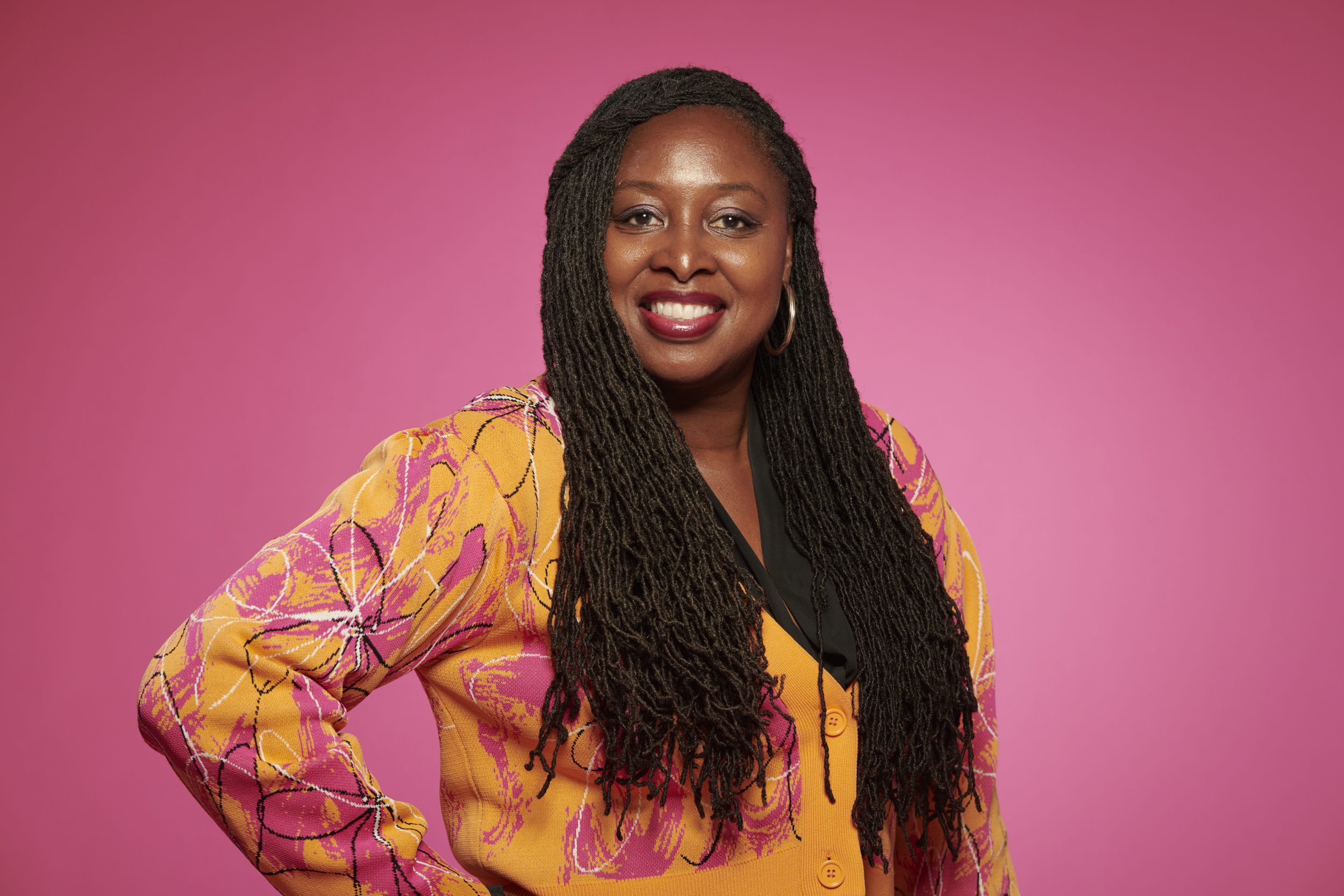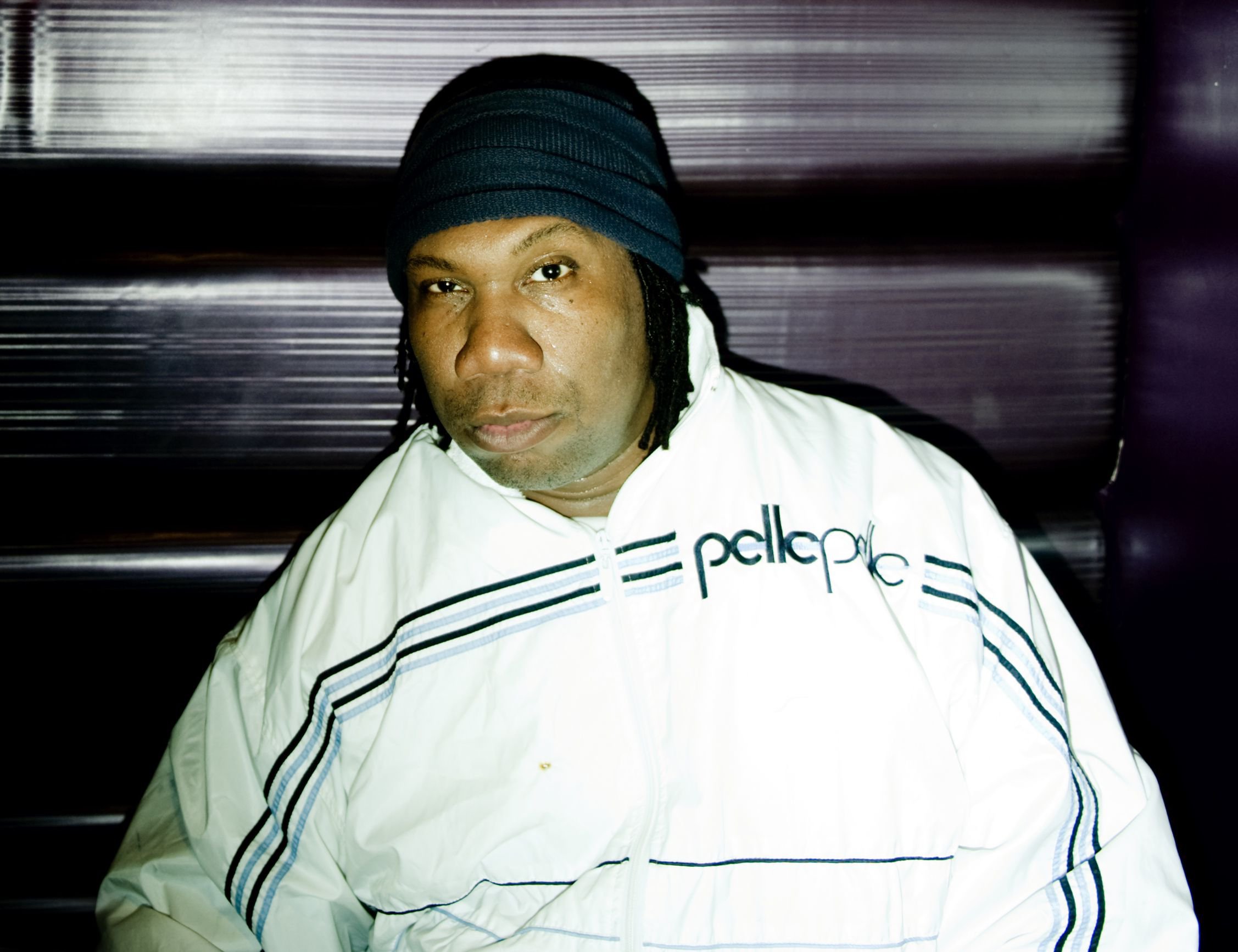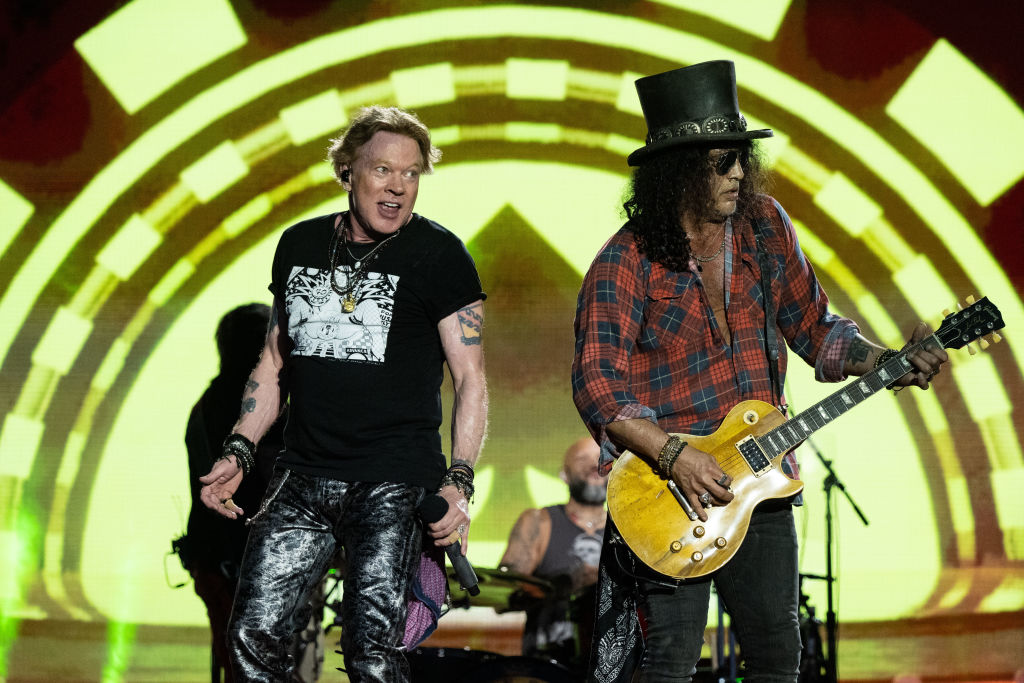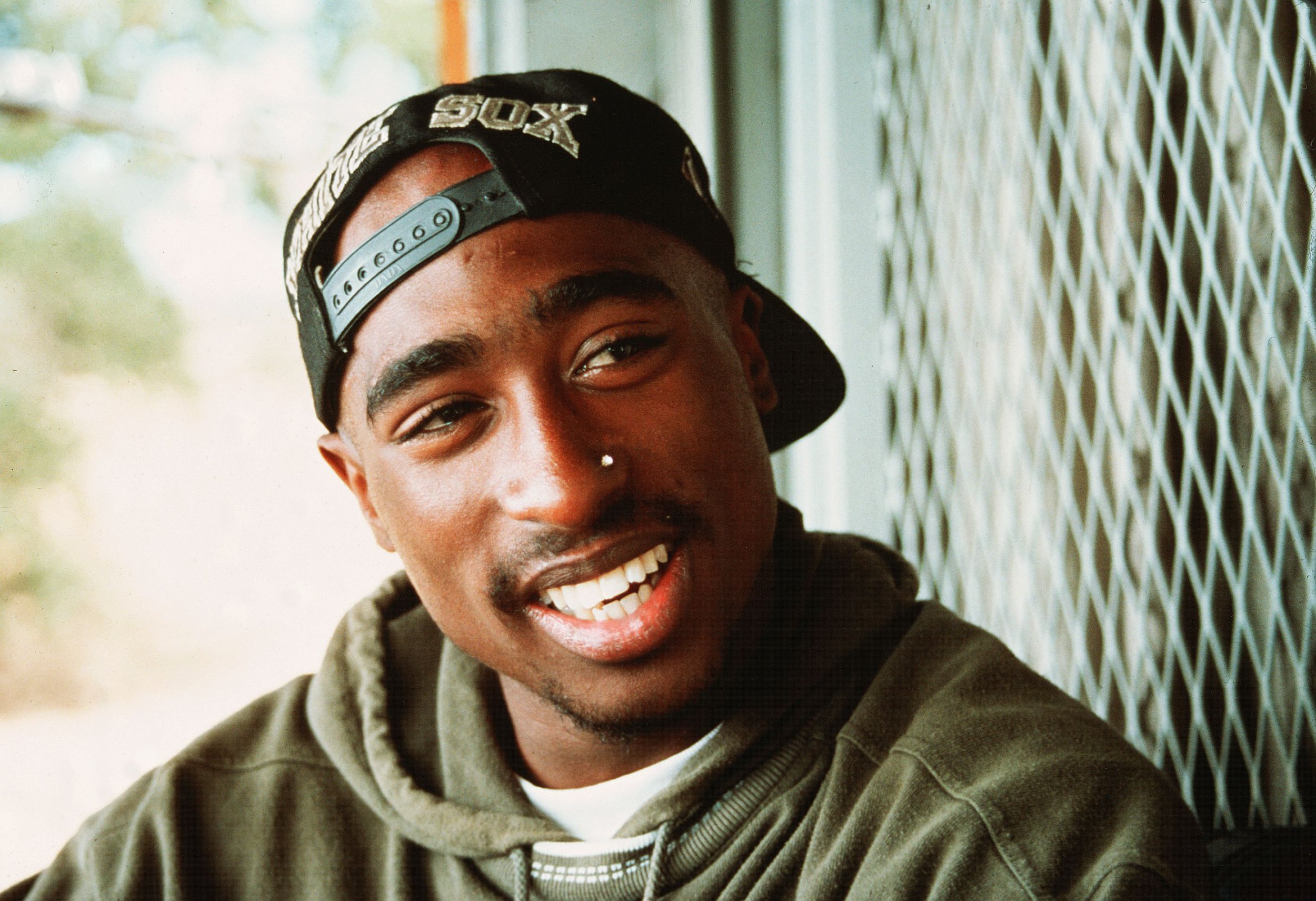
I’ve always loved hip hop. Mainly because of the powerful messages of change and equality in many songs, which inspired me when I listened to it.
And I found, at times, that the mood of the music mimicked my own.
Like when someone tried to when I was just 18.
The thing about music is, it can sometimes get you through hard and difficult times. I particularly remember the lyrics from the song by KRS-One, Sound of da Police, about injustice.
‘Officer, officer, officer, officer. Yeah, officer from overseer. You need a little clarity? Check the similarity.
‘The overseer rode around the plantation – the officer is off, patrollin’ all the nation.’
Music like that resonated with me, and still does, so it is with a deep respect for the genres that I am setting a challenge for musicians.
To eliminate tracks and replace it with the B-word. Brother.
I grew up on these genres in the 1970s and 80s, but as the 90s dawned I began to notice a change.
It seemed record labels only really wanted to sign artists who would rap about killing each other, alongside liberal use of the N-word and and LGBT communities – with rivalries occasionally spilling into real-world violence.

I don’t like , whether it is in music or anywhere else.
Of course, there have been times in the past when certain words have been reclaimed and turned into a positive – such as the word ‘queer’ – which some find empowering.
However, when it comes to the N-word, I have never found it empowering, in any context.
This year’s theme for Black History Month is , which marks a significant shift towards recognising and correcting perceptions of Black history and culture.
So now is as good a time as any for a cultural shift from the acceptance of the oppressive and negative nature of the N-word. By using ‘brother’ and not the N-word, I believe we can encourage a new and positive generation of young people.
As much as I would like to wipe this word out full-stop, it’s never going to happen unless we get musicians to lead the way.
Hence my challenge.
The N-word has a negative, uncomfortable and even hostile impact, as seen from its use in countless diss tracks. Instead, the B-word will help us to build a brotherhood. Who doesn’t want to be called brother?

The first step, in fact, could be for artists to re-release their tracks and commit to using the B-word instead.
For those who assume this cannot be done or it is a pipe dream, I say that Guns N’ Roses removed a song with the N-word and other racist and homophobic language from a reissued album in 2018 – so there is a precedent.
But it’s not just about white artists like Axl Rose using the word, I want all musicians to put an end to using it.
Doing so will help us build a solid wall of resistance to the racism that is out there.
And I won’t tolerate the excuse that it doesn’t have the same flow – they both have two syllables!
I believe, If the N-word is not repeated in popular culture, hopefully people will be exposed to the word less and less and eventually stop saying it.
Especially as young, impressionable music fans like to repeat the lyrics they hear.
By using ‘brother’ and not the N-word, I believe we can encourage a new and positive generation of young people.
If we stop using, and stop celebrating the use of that word, hopefully it will be noticed that music which features it is no longer popular.
And that is why we all have to be part of it, including the musicians making the music and the consumers who listen.
Part of the reason Black people were eventually allowed to sit anywhere on the bus is because of the economy – Black people started walking and sharing lifts in protest, so the bus companies were losing money.
If we all boycott music that uses this word, it will have an economic impact, and encourage the industry to move away from using this kind of language.
I want to use my column to build up the Black community in Black History Month.
So in this month of reclaiming the narrative, I want to challenge us all.
Instead of songs featuring the harmful N-word, we could build a proper loving community.

Rather than throwing the N-word at each other, using the ‘b-word’ of brother can help build a brotherhood and remove divisive racial language.
It’s time to nod and smile whenever you see someone like you walk past – the Black Nod (although I don’t think it’s reserved for just Black people!). Like when Obama became President in 2008 and I recall all of us just randomly nodding at each other.
I often smile and nod at random people and it’s a joy. As Marianne Williamson once said, ‘It is our light not our darkness that most frightens us.’
And I would add that for right-wing and often racist reporting by parts of the media, it is our love and unity that frightens them the most. So, it is time to get organised if we are to reclaim the narrative and flourish.
And if we are to let more light into our lives, we should eradicate negative words and phrases – starting with the N-word.
When there are reports of Black on Black crime, I often think to myself, ‘what do they see when they look in each other’s eyes?’. Why do they not see the love, power and creativity of a young Black man?
Some may not understand the importance of a smile and a nod or positive language in the media we consume.
I listen to everything from Dolly Parton to Tupac. Music is integral to my life.
I grew up listening to hip hop – so I know that it used to be an education and a protest. I want it to be again.
Do you have a story you’d like to share? Get in touch by emailing [email protected].
Share your views in the comments below.




















